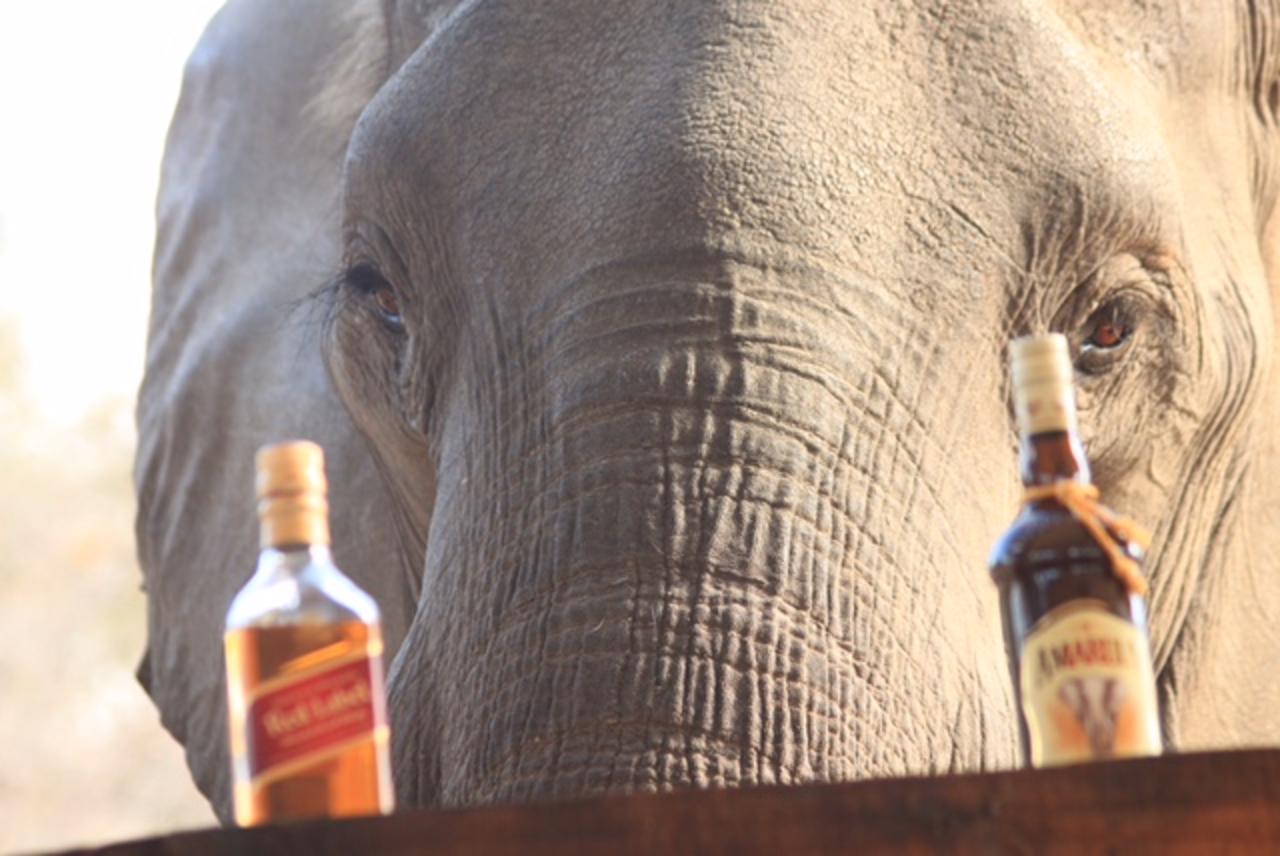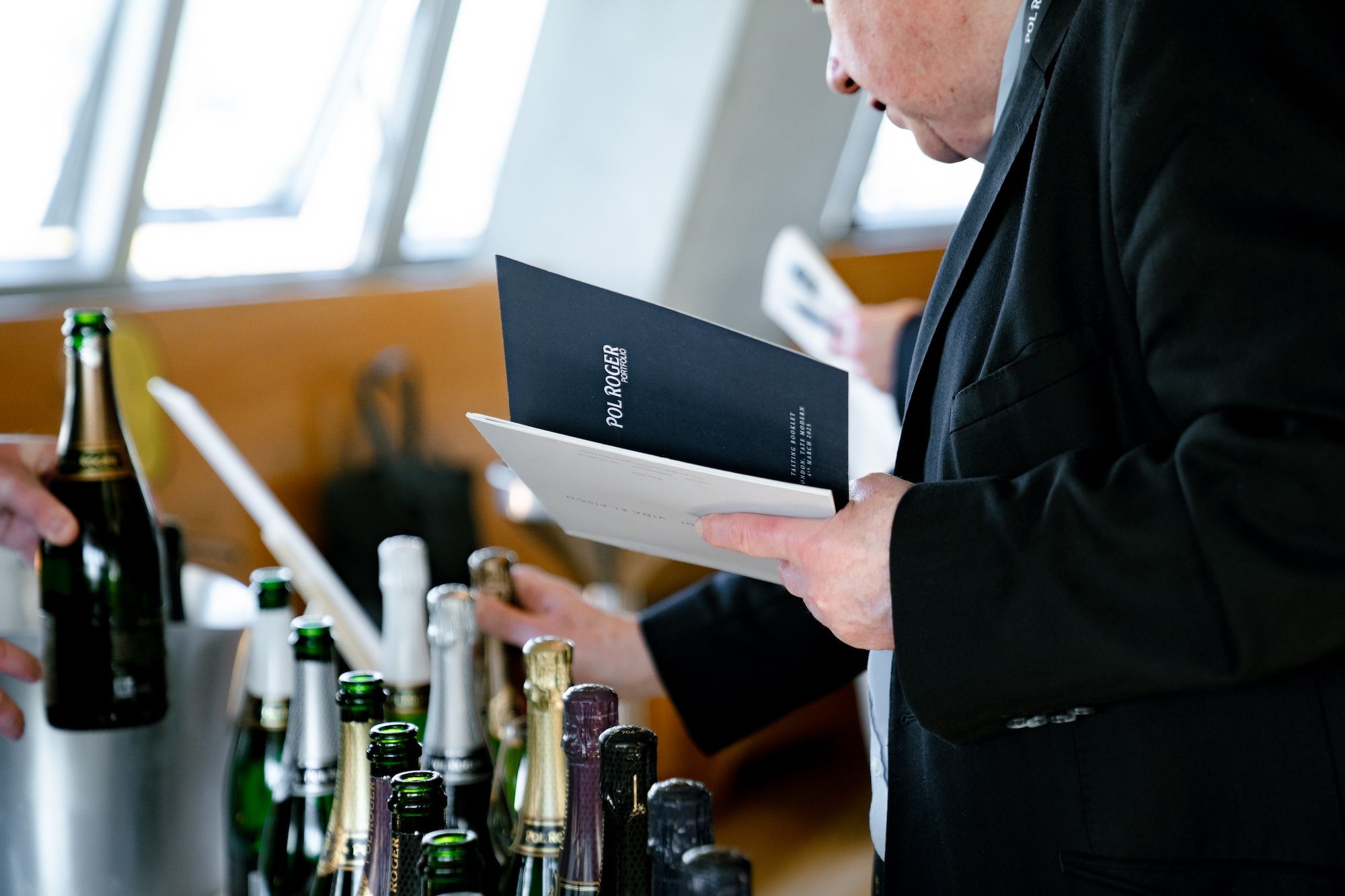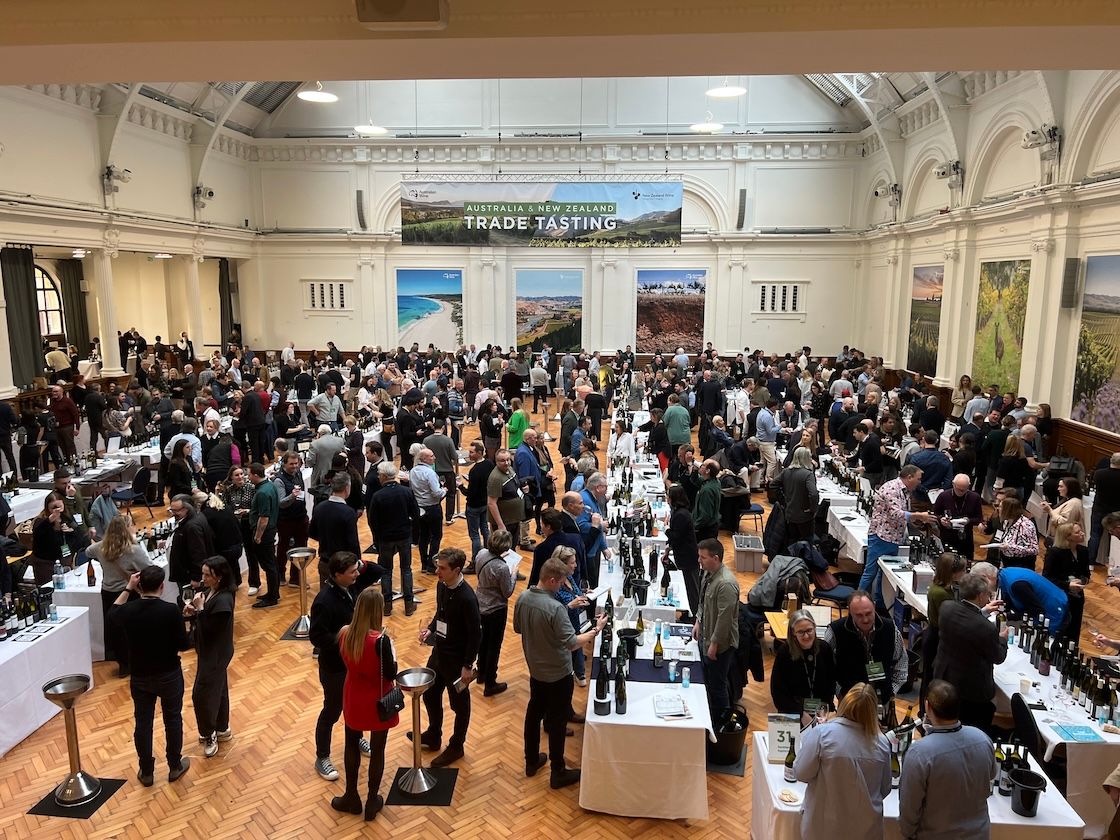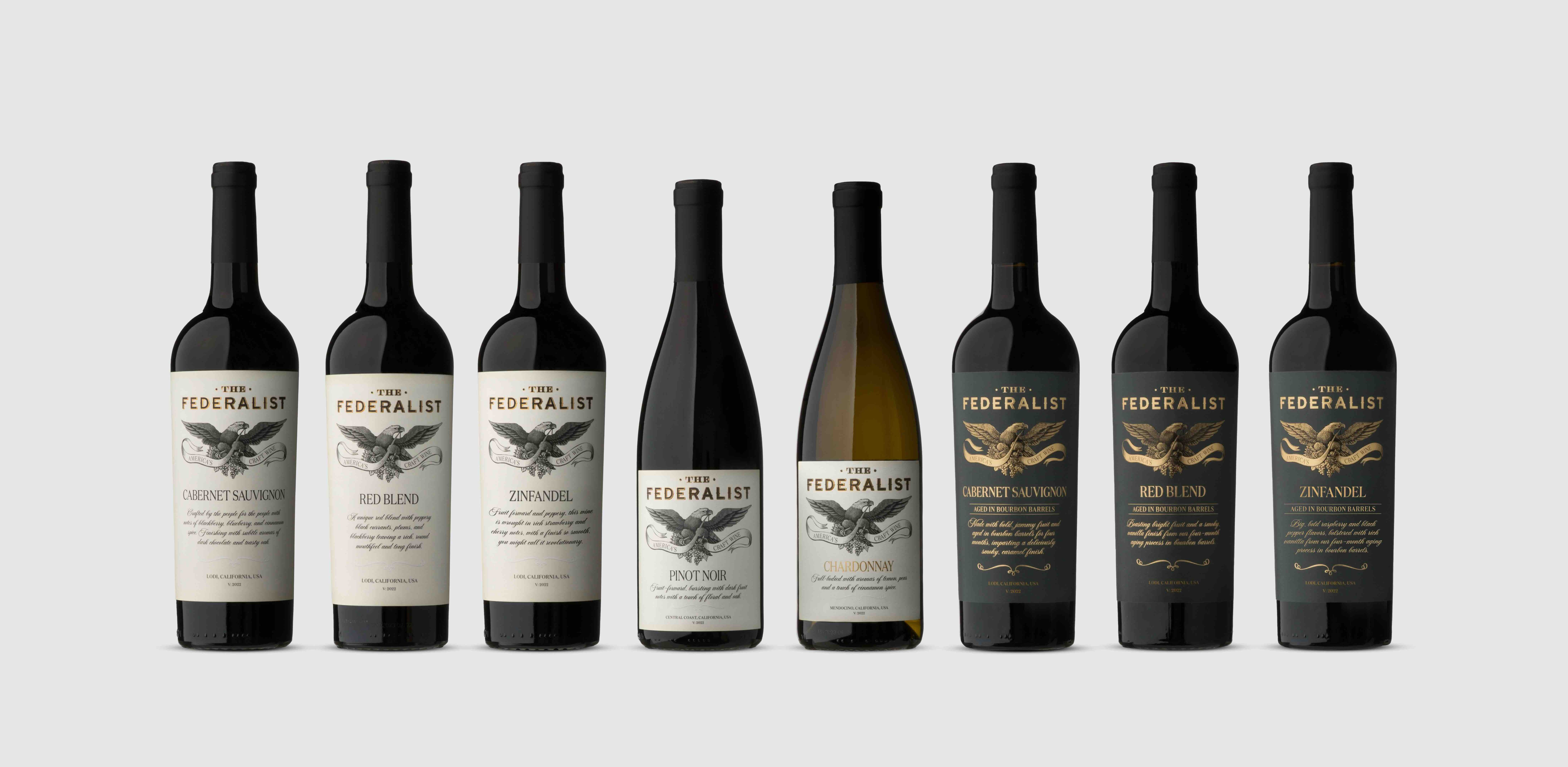Specific mentions of alcohol and its link to mental health issues are noticeable by their absence in the report and alcohol was referred to in the seminar as ‘the elephant in the room’.
The recent report ‘Understanding Mental Health Issues and Needs Within the Drinks Industry’ that was conducted by Wine Intelligence on behalf of the drinks industry charity The Benevolent is an important line in the sand. Some of the key findings are troubling – over half of us are not on top of our mental health – and some are encouraging – 90% of people who work in an office environment are happy working with people who have, or have had, mental health issues (for how to get a copy see below).
The practical suggestions that were discussed at the LWF seminar were helpful, particularly for line managers tasked with enacting the key take-outs: such as implementing a Mental Health First Aid Course in the company, and generally kicking the tyres of HR resources.
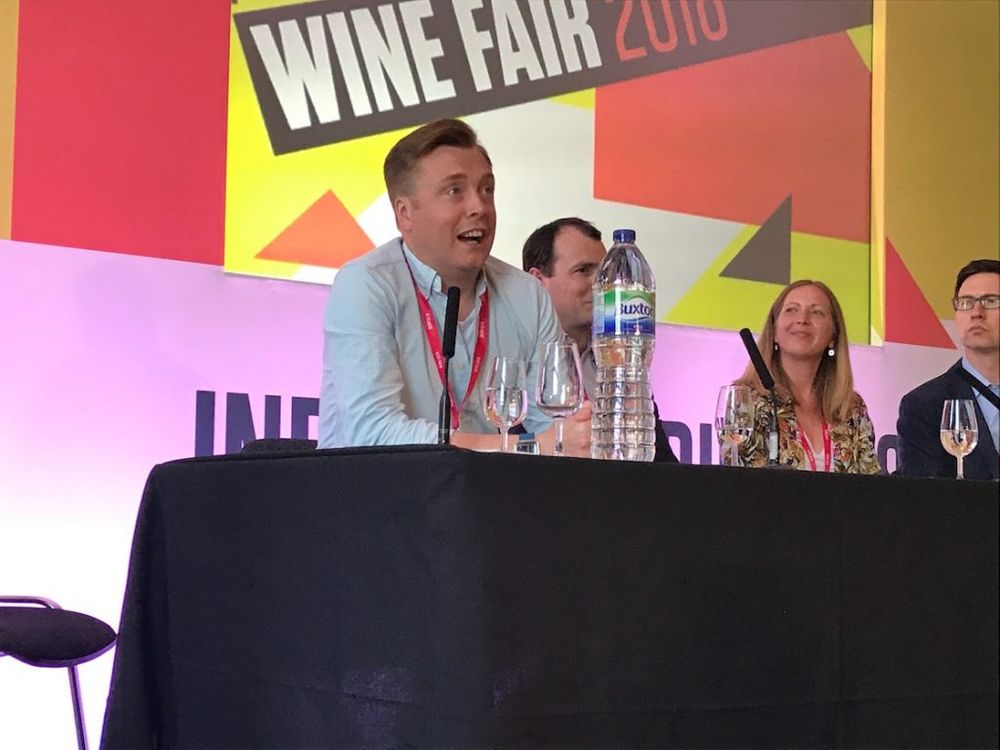
Wine expert Mike Turner, whose feature on mental heath got the ball rolling, addresses the seminar at the London Wine Fair, May 2018
Credit should be given to the hard work behind the report, for those who helped raise the money, for those who have given their time and effort to first raise awareness of mental health issues, for those who have bravely raised their hands in the #NotAlone campaign and for those willing to continue the debate until the stigma of mental health issues is removed and the incidence and severity is reduced.
The report’s findings highlight what many of us have long suspected – that lack of awareness, understanding, poor information flow and prejudice is preventing sufferers from speaking out and seeking help, particularly in the workplace.
Up to this point, one suspects, these findings of the report could be attributed to any other walk of life which is presumably why Miles Beale, Chief Executive of the WSTA said at the LWF seminar: “I don’t think that our industry is any more or less prone to mental health.”
However, where the drinks industry and any other industry differs is obviously drink.
Although there is no direct, simplistic causality between mental health issues and dependence on alcohol there are clear links. Alcohol is a depressant and those with mental health issues are more prone to suffer from alcohol dependence and, vice versa, those with drink problems are more likely to suffer from mental health issues. In many cases the symptoms are inter-changeable, be they emotional, behavioural or cognitive (mood swings, sleeping problems, lack of concentration); so realising that one has a mental health issue just as realising one has a dependence on alcohol could be difficult to detect early enough.
The report finds that 1 in 5 frontline workers in the drinks industry suffers mental health issues due to ‘addiction’ (the report does not distinguish between alcohol and other forms of addiction but it is fair to say alcohol must play a large part). So, if raising the subject of mental health with a line manager isn’t hard enough, then adding into that discussion a drink issue, when the job involves working with alcohol, clearly compounds the problem.
There are few other industries where an illness arising out of, or at least allied to, a key facet of a job description is almost impossible to raise with your line manager.
Alcohol is the ‘elephant in the room’
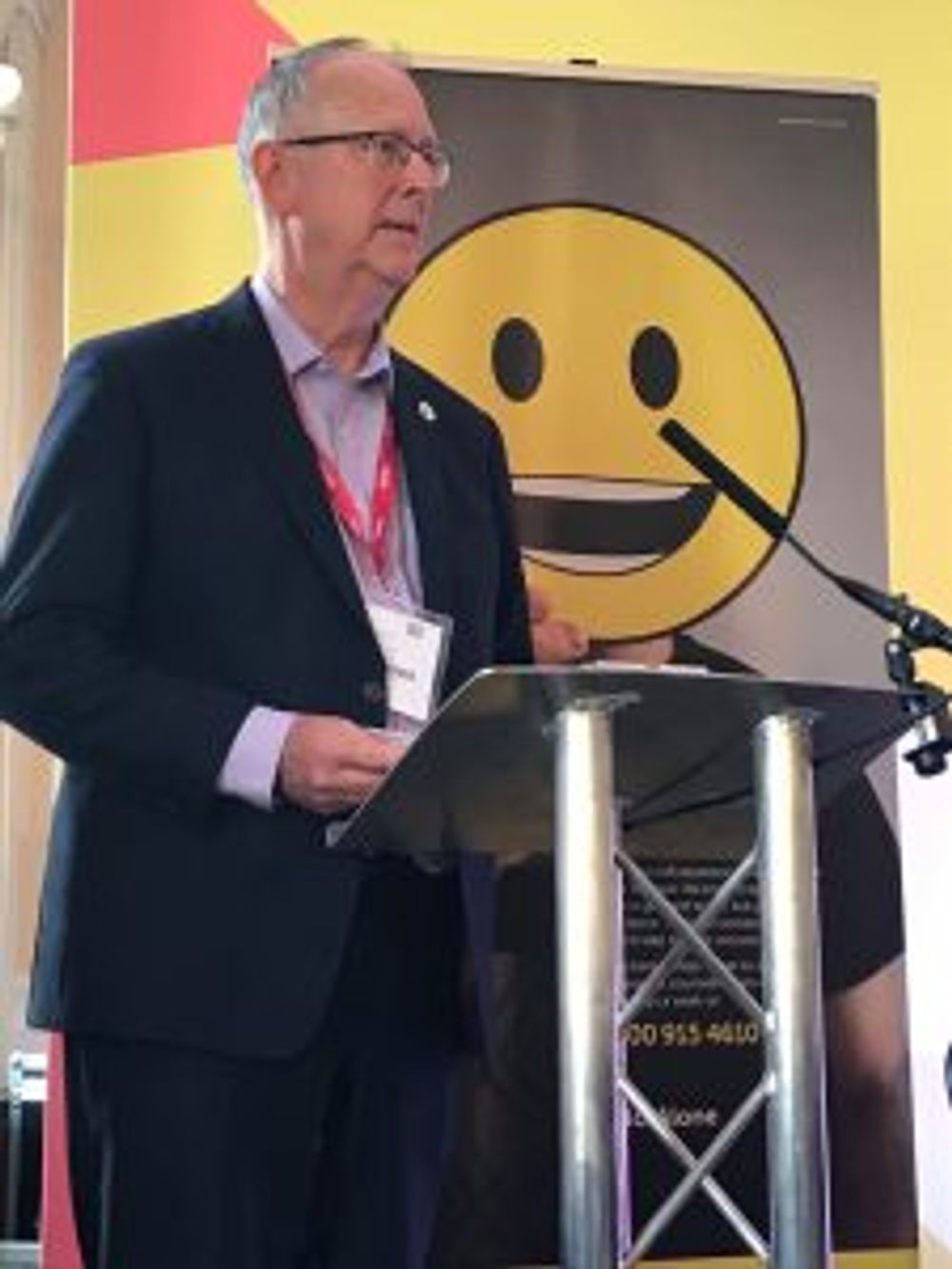
“Alcohol is the elephant in the room”: Chris Porter, CEO of drinks charity The Benevolent
Chris Porter, the Benevolent’s CEO, quite rightly referred to alcohol at the LWF seminar as ‘the elephant in the room’ and it clearly is. The 990 word press release that was sent to journalists announcing the findings of the report does not mention ‘alcohol’ once and the 105 page report mentions it four times.
To be fair the remit of the research was far broader and looks at a whole raft of contributing factors to mental health issues – bereavement, financial difficulties and so on.
“Our goal is to address and remove the stigma around mental health, not to point fingers or turn our backs on anyone who’s living with addiction,” Porter told me. “The focus of the report was to outline the mental health difficulties experienced in the industry we work with, which is why it was fundamental to have a Mental Health First Aider (Kat Hounsell) on the panel, helping us to promote the importance of spotting signs of mental health difficulties before they descend into black dog – as part of a preventive solution programme addressed to the industry.”
“It’s not our role to judge who is experiencing any form of addiction. The Benevolent’s role is to guarantee the delivery of any form of support we could provide when people are seeking help. We strongly believe that it’s the industry’s responsibility to promote alcohol consumption education, enabling each member of the trade to have access to alcohol unit guidelines and helping them to take responsible decisions about alcohol consumption.”
But wine expert Mike Turner, who wrote the seminal article ‘Why mental health and wine can be awkward bedfellows’ for The Buyer last August, and which got the ball rolling on addressing mental health as an issue within the drinks industry, had alcohol down as one of the major contributing factors to his depression.
When he first sought help from his doctor and they counted the units “I lost count after about 13-14 bottles of wine a week,” he told the audience at LWF. The irony that working in the drinks industry has become Turner’s saviour after becoming ill in The City is one not lost on him.
Personally speaking, the pressure to drink alcohol from my line manager and peer group at my first job as an entertainment journalist in 1982 was considerable. Work culture has changed irrevocably since then and journalists no longer get their stories or promotions in the pub. But when your job is to work inside the pub, restaurant or whatever side of the drinks industry it is, then keeping a distance, especially if it is becoming an issue, can be harder to maintain.
Miles Beale told me: “It’s a bit impossible to do most jobs in this industry without drinking at all. If you’re working with it you are more likely to turn to it.”
So, if we’re asking people to work with alcohol what is in place to ensure that people are not developing drinking and ultimately mental health problems?
Given that 49% of respondents to the research said they unaware of any mental health support mechanism in place at work, I suspect there is very little being done to monitor alcohol units being consumed.
A leading drinks executive I talked to this week, after a tasting lunch, said that today’s culture has improved considerably over the years compared to a much heavier drinking culture within the industry in decades past. He mentioned the introduction of the breathalyser as a turning point. “Staff could give a good reason to their boss why they couldn’t drink at work,” and singled out how spittoons are now used at all tasting functions. He also quite rightly pointed out ‘freedom of choice’. “Nobody forced you to swallow the wines at lunch,” he said.
I would hope that I always do have freedom of choice and that drink or mental health issues do not creep up on me. I for one count my units on a phone app so I always know where I am in relation to the weekly ceiling I set myself (it almost seems hot-wired to my liver and flashes Drink Less – Please Complete Your Diary when I am at a function!). But what for those people who have lost that freedom of choice and could depend upon employers or colleagues for help?
“The wine industry is not easy,” wrote Turner in his original feature, “The most natural cures for avoiding mental issues, is to sleep regularly, exercise regularly, and keep the booze down. I think we’re all starting to see the issues here. This industry is almost designed to put the more sensitive flowers of the world (myself very much included) on a crash course to ‘burn out’ if not checked early enough.”
“What is different about the drinks industry,” Beale told me, “is that people have different coping strategies and that might involve misuse of alcohol and that’s when the industry has more onus to assist – we ought to be best in class and be offering support.”
“The drinks industry has got a lot of experience but does that make us better at dealing with it? Our industry ought to be very good.”
So should ‘drinking less’ be a focus of Phase 2 of the campaign?
Mike Turner believes that, as an industry, we can go further and should actively take on the responsibility of encouraging people to drink less.
“At WSET levels 2 and 3 there is a great deal about the respect of alcohol, which leads me to think that people who work in the drinks industry should be absolute experts on the effects of alcohol. I think we should work closer with Drinkaware and Alcohol Concern, for example,” he told me.
“Why not at a certain stage of management have, say, one day every three months where you work in an alcohol clinic, or work with recovering alcoholics. I think we should be encouraging drinking less and as an industry pushing this not just from a health but also a business point of view.”
“We should take more responsibility as an industry and I for one would be more than happy for this to be the focus of Phase 2 of the Mental Wellbeing campaign.”
Chris Porter told me: “My view about Phase 2 of this campaign is that it should focus on education – if you do like a drink go for quality over quantity and enjoy it responsibly – but also we need to keep talking in the environment about mental health so that we can address the issue with an informed opinion. It’s becoming clearer that our work tackling mental health difficulties has just started and it will be part of our main focus for the foreseeable future. And it’s also becoming clearer that it’s time for The Benevolent to have a more prominent role in advocating a responsible alcohol consumption in the trade.”
The debate as it stands has a number of conclusions – primarily a determination to do more and take on board the findings of the report – and proactively ask questions rather than reactively trying to fix problems.
“It’s like Brexit – there are an enormous amount of questions and it’s only by really defining what those questions are that we can hopefully arrive at some answers. We have to challenge ourselves to think differently,” Beale said.
To get a copy of Understanding Mental Health Issues and Needs Within the Drinks Industry contact The Benevolent direct. They are asking for a donation that you can give here in return, plus donations generally so that they can continue their important work.
